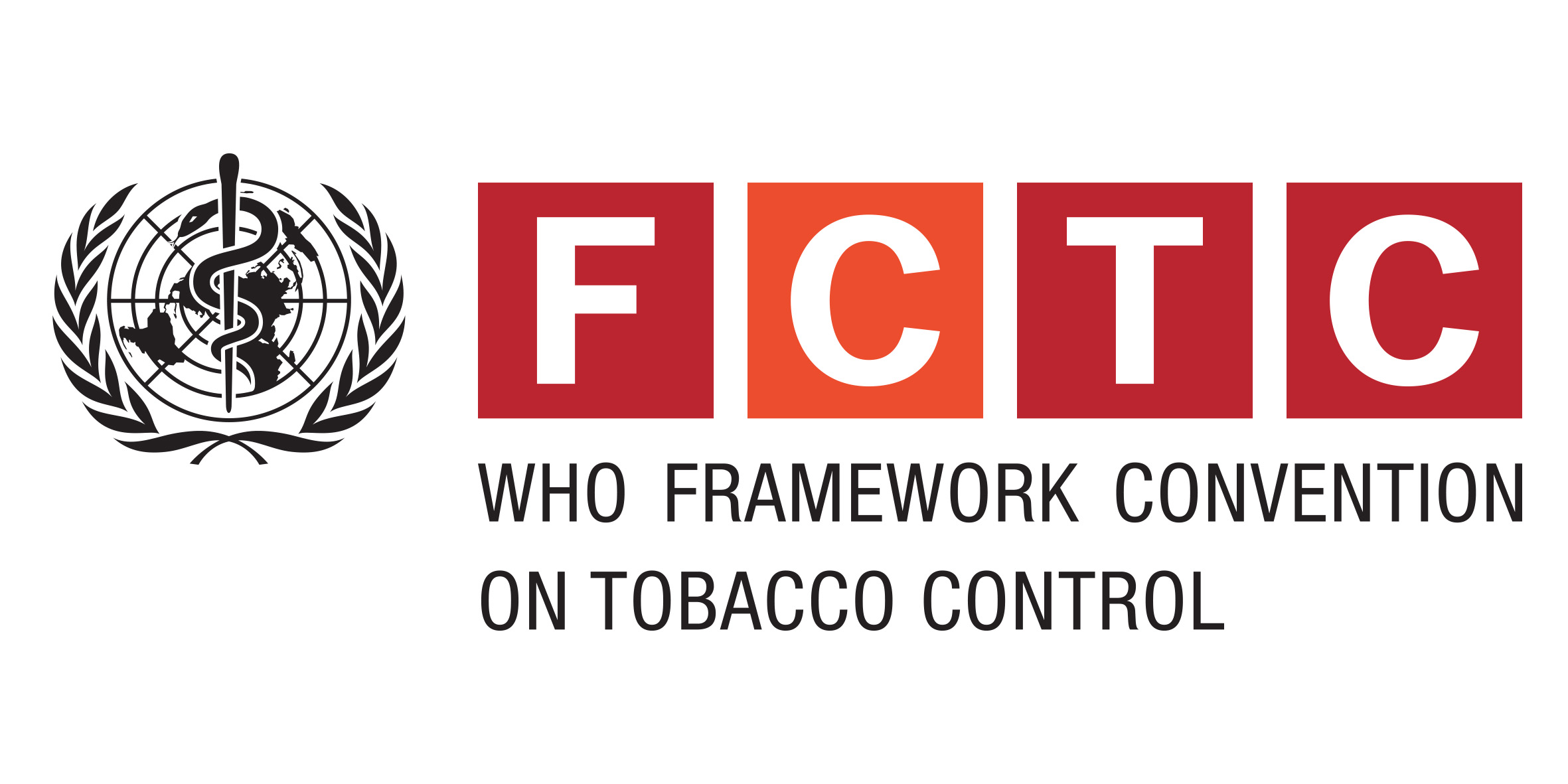Journal Article
Print(0)
European journal of applied physiology
Eur.J.Appl.Physiol.
Jul
106
5
691
695
LR: 20131121; JID: 100954790; 059QF0KO0R (Water); S88TT14065 (Oxygen); 2009/04/15 [accepted]; 2009/05/08 [aheadofprint]; ppublish
Germany
1439-6327; 1439-6319
PMID: 19424716
eng
Journal Article; Randomized Controlled Trial; IM
10.1007/s00421-009-1065-y [doi]
Unknown(0)
19424716
It is generally accepted that the incidence of decompression sickness (DCS) from hyperbaric exposures is low when few or no bubbles are present in the circulation. To date, no data are available on the influence of in-water oxygen breathing on bubble formation following a provocative dive in man. The purpose of this study was to compare the effect of post-dive hyperbaric versus normobaric oxygen breathing (NOB) on venous circulating bubbles. Nineteen divers carried out open-sea field air dives at 30 msw depth for 30 min followed by a 9 min stop at 3 msw. Each diver performed three dives: one control dive, and two dives followed by 30 min of hyperbaric oxygen breathing (HOB) or NOB; both HOB and NOB started 10 min after surfacing. For HOB, divers were recompressed in-water to 6 msw at rest, whereas NOB was performed in a dry room in supine position. Decompression bubbles were examined by a precordial pulsed Doppler. Bubble count was significantly lower for post-dive NOB than for control dives. HOB dramatically suppressed circulating bubble formation with a bubble count significantly lower than for NOB or controls. In-water recompression with oxygen to 6 msw is more effective in removing gas bubbles than NOB. This treatment could be used in situations of "interrupted" or "omitted" decompression, where a diver returns to the water in order to complete decompression prior to the onset of symptoms. Further investigations are needed before to recommend this protocol as an emergency treatment for DCS.
Adult, Decompression/adverse effects, Decompression Sickness/physiopathology/prevention & control, Diving/physiology, Embolism, Air/prevention & control, Humans, Hyperbaric Oxygenation/methods, Immersion, Male, Middle Aged, Osmolar Concentration, Oxygen/pharmacology/therapeutic use, Oxygen Consumption/physiology, Respiration, Water, Young Adult
Blatteau,J. E., Pontier,J. M.
Ecole de Plongee Marine Nationale, 83800 Toulon Armees, France. je.blatteau@infonie.fr
20090508
http://vp9py7xf3h.search.serialssolutions.com/?charset=utf-8&pmid=19424716
2009

